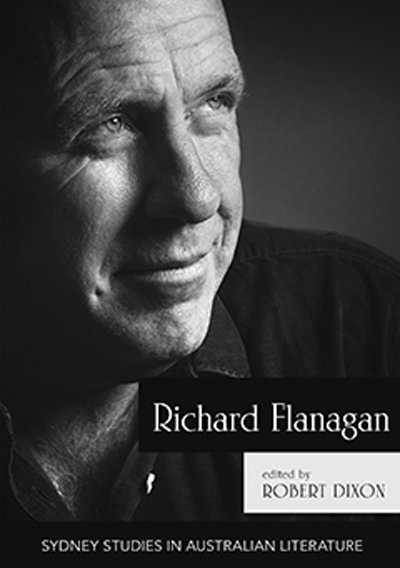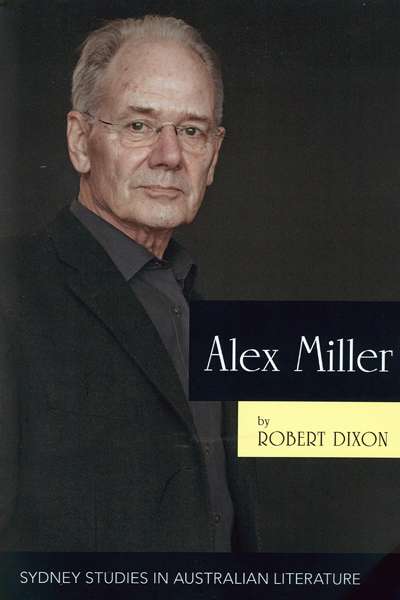Robert Dixon
Resourceful Reading: The New Empiricism, eResearch, and Australian Literary Culture edited by Katherine Bode and Robert Dixon
Perhaps the most influential guide to ‘theory’ in Australia in the 1980s was Terry Eagleton’s Literary Theory: An Introduction (1983). The cover of my paperback edition features a detail from Jan Vermeer’s painting Mistress and Maid, in which a respectful domestic servant hands a document to her mistress, who is seated at a writing table. I take this to be a visual allusion to Alexander Pope’s formulation in An Essay on Criticism that ‘Criticism [is] the Muse’s Handmaid’. Eagleton’s polemical refusal of that secondary and facilitating role was influential in turning a generation of Australian literary critics from ‘criticism’ to ‘critique’. From Graeme Turner’s National Fictions (1986) and Kay Schaffer’s Women and the Bush (1987) to my own Writing the Colonial Adventure (1995) and Susan Sheridan’s Along the Faultlines (1995), the cultural-nationalist and new-critical canons alike were supplemented by alternative canons – feminist, realist, postcolonial and ‘popular’ – as texts were subjected to rigorous ideological critique for their representations of class, race, gender and nation. Criticism was no longer the handmaid to literature; a hermeneutics of scepticism and suspicion prevailed.
... (read more)




